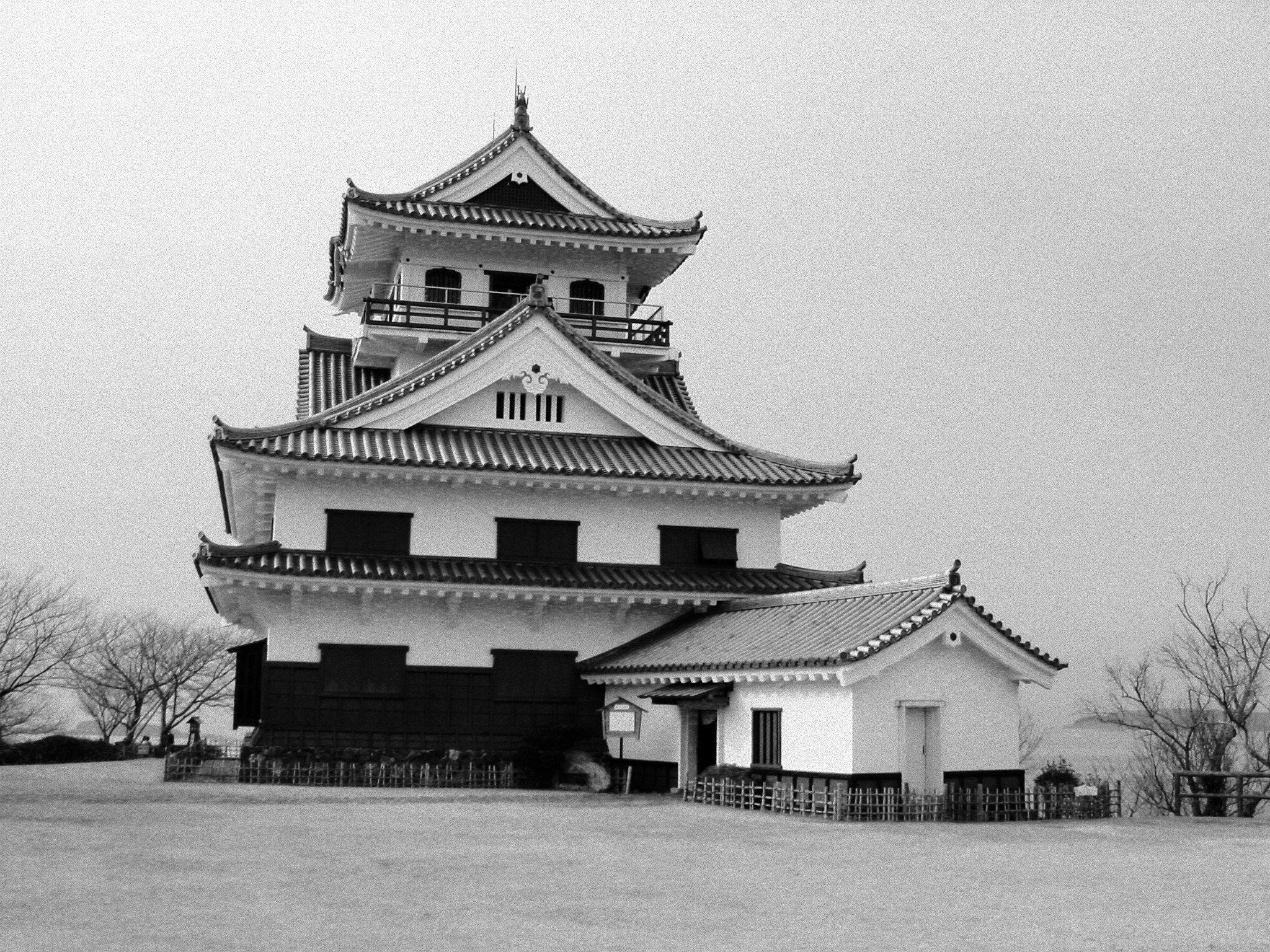I lived for many years in Japan before I moved back to the United States. In the beginning, there appeared to be more differences between our cultures than similarities. Everything seemed foreign, most made little sense. We were frustrated with our Japanese colleagues. Harshly frustrated. They were confused about us. Politely confused.
Once I overcame my ignorance, I learnt to appreciate the experience and I began to understand the fundamental differences which affect a wide array of behavior and life at large. I distilled my learning into two fundamental concepts:
Japan's Concept of Space
versus
America's Concept of Time
Japan is confined on 378,000 sq km with only about 12% being arable. The country has no land boundaries. The population stands at about 127 million with 66% living in urban environments. Space is the most precious resource. It defines the country's psyche. How they live. How they think. How they behave. Their policies. Many of the amazing products engineered are driven by the idea of miniaturization. Necessary or not - and nobody asks this question. Every inch of space is optimized. Irrespectively where.
While the notion of space defines virtually all areas of life, time is of very little importance. If attention is given to the aspect of time, then it is the suspicion against everything which develops fast. Taking time is a virtue.
In contrast, America has space in abundance. If anything, bigger is better. However, scarcity and not abundance triggers key behavior. Consequently, we are obsessed with Time. Because we believe we have none. Taking time is rarely acceptable. In fact, taking it is an execration. Little does it matter how many resources we have to mobilize as long as it moves fast. As for space or size, who cares? We have it.
It seems that amongst the two, Time is the dominant deterrent. If we could move closer on the question of Time, we would move closer.


